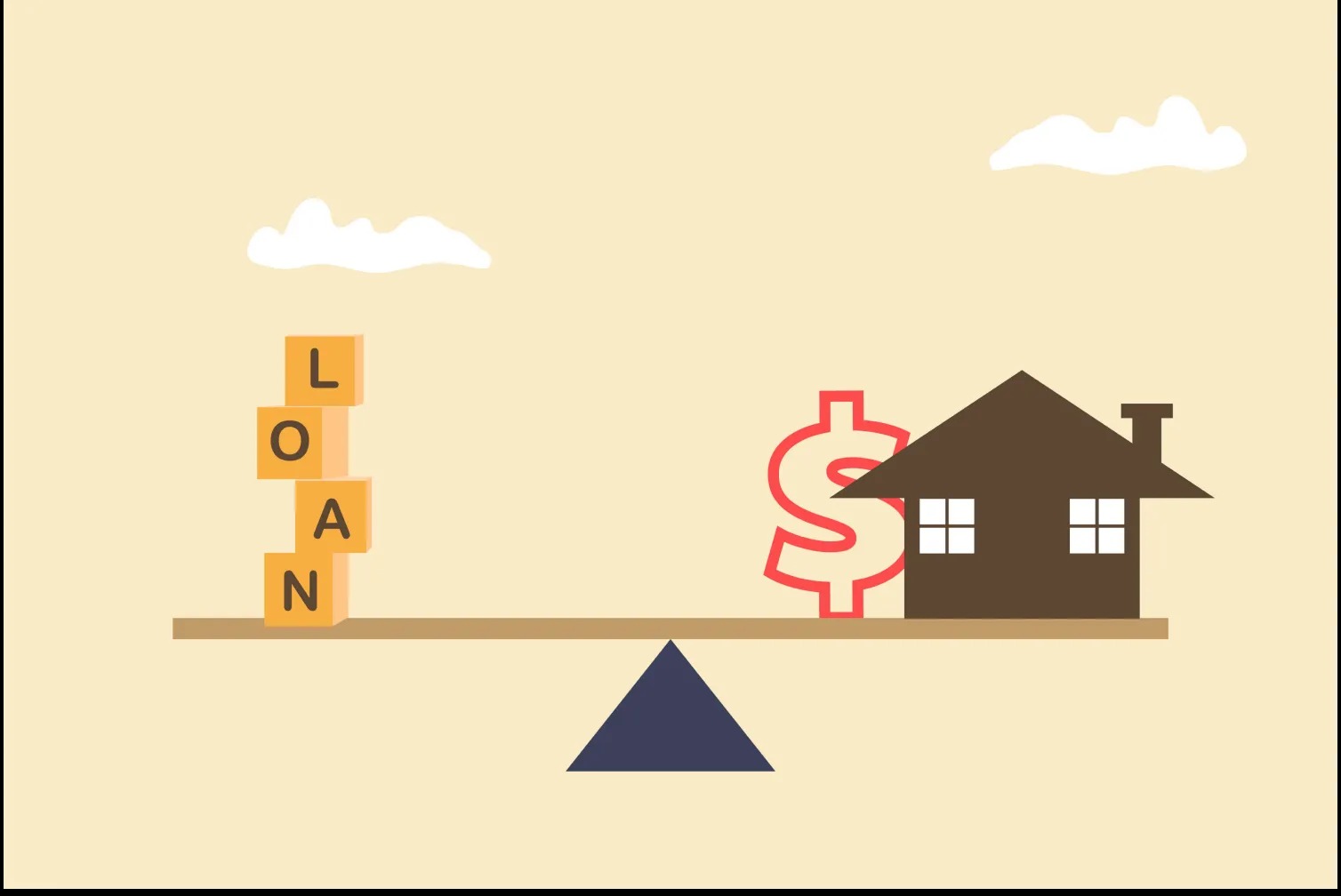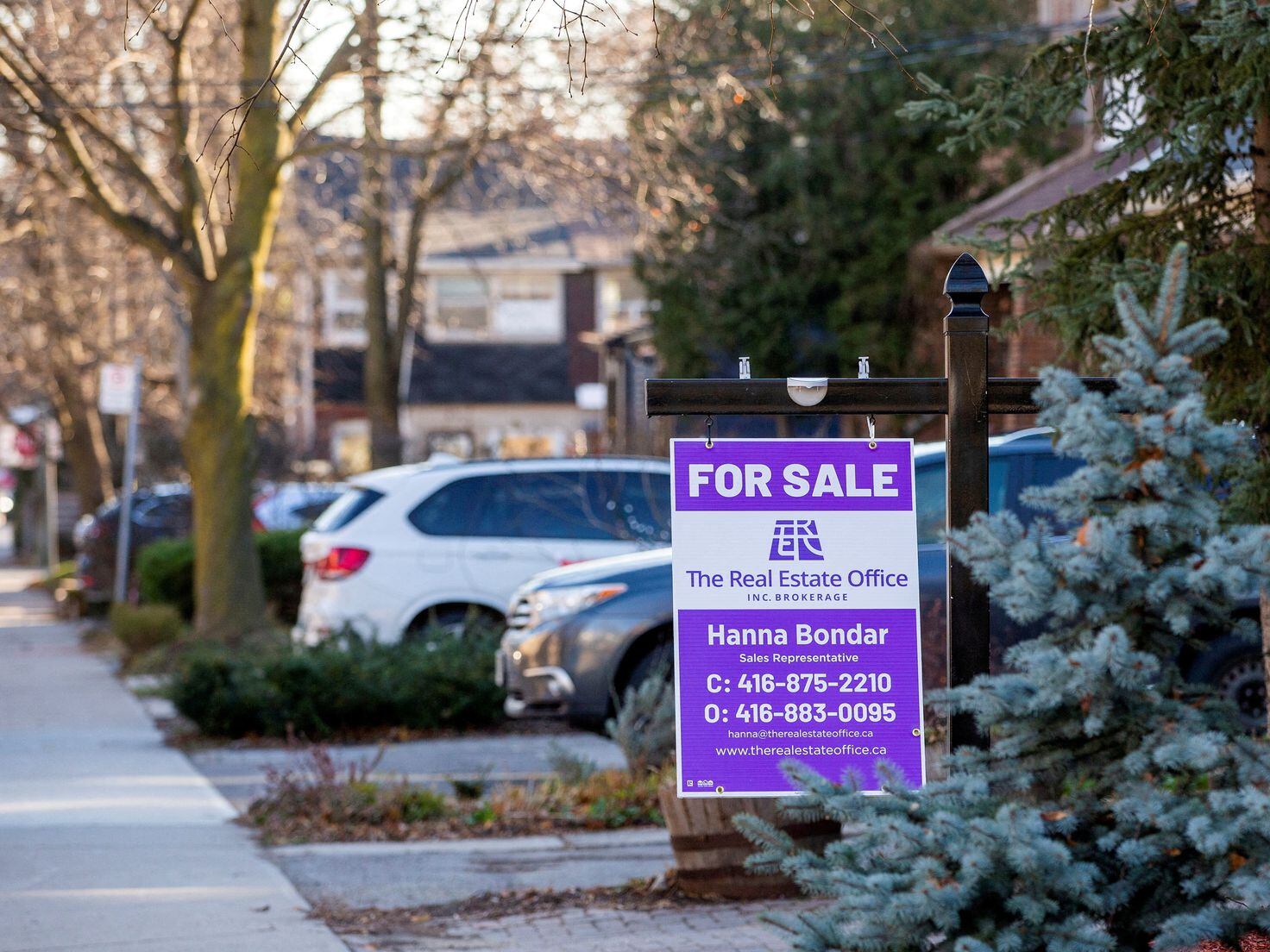Home>Finance>How Long Is The Grace Period For Paying A Mortgage?


Finance
How Long Is The Grace Period For Paying A Mortgage?
Published: February 20, 2024
Learn about the grace period for mortgage payments and how it impacts your finances. Understand the importance of timely payments to avoid penalties and maintain financial stability.
(Many of the links in this article redirect to a specific reviewed product. Your purchase of these products through affiliate links helps to generate commission for LiveWell, at no extra cost. Learn more)
Table of Contents
Introduction
Understanding the Importance of the Grace Period for Mortgage Payments
Purchasing a home is a significant milestone, and for many, it involves securing a mortgage to finance the investment. When homeowners obtain a mortgage, they agree to make regular payments to their lender. However, life's uncertainties can sometimes make it challenging to meet these financial obligations on time. This is where the concept of a grace period comes into play, offering borrowers a window of time beyond the due date to submit their mortgage payment without incurring late fees or penalties.
The grace period for mortgage payments serves as a buffer, providing homeowners with a brief extension after the due date to make their payment. Understanding the nuances of this grace period is crucial for borrowers, as it can impact their financial well-being and credit standing. This article delves into the intricacies of the grace period for mortgage payments, shedding light on its significance, factors influencing its duration, and the repercussions of missing this critical deadline.
Navigating the complexities of homeownership involves not only finding the right property and securing a mortgage but also managing the financial responsibilities that come with it. By gaining insight into the grace period for mortgage payments, homeowners can proactively strategize their financial planning, ensuring that they make timely payments while safeguarding their financial stability. Let's delve deeper into this essential aspect of mortgage management to empower homeowners with the knowledge they need to navigate this facet of homeownership successfully.
Understanding the Grace Period for Mortgage Payments
When homeowners secure a mortgage, they commit to making regular payments to their lender. The due date for these payments is typically specified in the loan agreement. However, lenders often provide a grace period, which is a set number of days after the due date during which borrowers can submit their payment without facing any negative repercussions. While the standard grace period is 15 days, it’s essential for homeowners to refer to their loan agreement to confirm the specifics of their grace period.
During the grace period, homeowners can submit their mortgage payment without incurring late fees or being reported to credit bureaus for delinquency. This buffer period offers a degree of flexibility, recognizing that unforeseen circumstances or logistical challenges may occasionally hinder timely payments. It’s important for borrowers to understand that while payments made during the grace period are not penalized, they are still considered late. Consequently, consistently relying on the grace period can impact a borrower’s credit score and financial standing over time.
Homeowners should also be aware that the terms of the grace period can vary based on the lender and the specific loan agreement. Some lenders may offer a longer grace period, providing borrowers with additional time to submit their payments without consequences. Conversely, other lenders may have stricter policies, offering only a minimal grace period or none at all. Understanding the nuances of the grace period outlined in their loan agreement empowers homeowners to manage their mortgage payments effectively and avoid unnecessary fees or credit implications.
Moreover, the grace period should not be mistaken for an extension of the payment due date. While it offers a brief reprieve from late fees, it does not alter the fact that the payment is overdue. Therefore, homeowners should strive to make their payments by the original due date whenever possible to maintain a positive payment history and financial standing.
Factors Affecting the Length of the Grace Period
The duration of the grace period for mortgage payments can vary based on several factors, influencing the flexibility and leniency afforded to borrowers. Understanding these factors is crucial for homeowners seeking to manage their mortgage payments effectively and navigate the nuances of their loan agreements.
Loan Agreement Terms: The specifics of the grace period are typically outlined in the loan agreement. Lenders have the autonomy to define the duration of the grace period, and this can vary from one loan to another. Borrowers should review their loan agreement carefully to ascertain the length of the grace period provided by their lender.
Lender Policies: Different lenders may have varying policies regarding the grace period. While some lenders offer a standard grace period of 15 days, others may provide a more extended period, such as 30 days. It’s essential for homeowners to familiarize themselves with their lender’s policies to understand the leniency and flexibility available to them.
Borrower’s Payment History: A borrower’s track record of timely payments can influence the length of the grace period offered by the lender. Individuals with a history of consistent and punctual payments may find that their lender is more accommodating when it comes to extending the grace period for unforeseen circumstances.
Loan Type: The type of mortgage loan can also impact the duration of the grace period. For example, government-backed loans such as FHA or VA loans may have specific guidelines governing the grace period, which could differ from those associated with conventional loans.
State Regulations: Some states have regulations governing the grace period for mortgage payments. These regulations may stipulate a minimum grace period that lenders must adhere to, offering additional protection to borrowers and standardizing the leniency provided across different lending institutions.
Communication with Lender: In certain situations, proactive communication with the lender can influence the grace period. If a borrower anticipates challenges in making a timely payment, reaching out to the lender and explaining the circumstances may result in a mutually agreed-upon extension or alternative arrangement.
By considering these factors, homeowners can gain insight into the dynamics that shape the grace period for mortgage payments. This understanding empowers borrowers to engage proactively with their lenders, manage their financial responsibilities effectively, and navigate potential challenges related to mortgage payments.
Consequences of Missing the Grace Period
While the grace period for mortgage payments offers a degree of flexibility, missing this critical deadline can have several repercussions for homeowners. Understanding the potential consequences of failing to make timely payments during the grace period is essential for borrowers to navigate their financial obligations responsibly and protect their financial well-being.
Accrual of Late Fees: One of the immediate consequences of missing the grace period is the accrual of late fees. Lenders typically impose a late fee when payments are not received within the specified grace period. These fees can vary depending on the terms outlined in the loan agreement and can contribute to the overall cost of homeownership.
Impact on Credit Score: Failing to make mortgage payments within the grace period can result in negative implications for the borrower’s credit score. While payments made within the grace period may not be reported to credit bureaus as delinquent, consistently relying on the grace period or missing the grace period entirely can lead to derogatory marks on the borrower’s credit report, affecting their creditworthiness.
Risk of Foreclosure: Prolonged delinquency in making mortgage payments, including missing the grace period consistently, can elevate the risk of foreclosure. Lenders may initiate foreclosure proceedings if borrowers fail to address their overdue payments, potentially leading to the loss of the property and significant financial repercussions for the homeowner.
Strain on Financial Stability: Continuously missing the grace period for mortgage payments can create financial strain for homeowners. It can disrupt their budgeting efforts, lead to increased financial stress, and impact their overall financial stability. Additionally, the accumulation of late fees and potential legal costs associated with delinquency can exacerbate the financial burden.
Diminished Refinancing Opportunities: A history of missed grace periods and late payments can diminish the homeowner’s eligibility for refinancing their mortgage in the future. Lenders consider the borrower’s payment history when evaluating refinancing applications, and a track record of delinquency can limit the homeowner’s options for securing more favorable loan terms.
By recognizing the potential consequences of missing the grace period for mortgage payments, homeowners can prioritize timely payment submissions and take proactive measures to address financial challenges. Proactive communication with the lender, exploring alternative payment arrangements, and seeking financial counseling can help mitigate the impact of missed payments and safeguard the homeowner’s financial well-being.
Tips for Managing Mortgage Payments during the Grace Period
Effectively managing mortgage payments during the grace period is essential for homeowners to uphold their financial commitments and safeguard their financial well-being. By implementing proactive strategies and leveraging available resources, borrowers can navigate the challenges associated with the grace period while maintaining financial stability.
Establish an Emergency Fund: Building and maintaining an emergency fund can provide a financial safety net, allowing homeowners to cover their mortgage payments during unexpected setbacks. Having readily accessible funds can help prevent reliance on the grace period and mitigate the risk of late payments.
Automate Payments: Setting up automatic payments for the mortgage can streamline the payment process and reduce the likelihood of missing the grace period. Automating payments ensures that the required amount is deducted from the borrower’s account on the specified due date, minimizing the risk of late fees and credit implications.
Monitor Payment Due Dates: Vigilantly tracking payment due dates and the duration of the grace period is essential for timely payment submissions. Leveraging digital calendars, reminders, or financial management apps can help homeowners stay organized and informed about their mortgage payment deadlines.
Proactive Communication with Lender: Maintaining open communication with the lender is crucial, especially when facing potential challenges in making timely payments. If unforeseen circumstances arise, contacting the lender proactively to discuss the situation and explore alternative payment arrangements can help mitigate the impact of financial setbacks.
Seek Financial Counseling: Engaging the services of a financial counselor or advisor can provide valuable insights and guidance for managing mortgage payments effectively. These professionals can offer personalized financial planning strategies, budgeting assistance, and debt management advice to help homeowners navigate their financial responsibilities.
Explore Refinancing Options: In certain situations, exploring refinancing options to adjust the terms of the mortgage can alleviate financial strain and provide a more manageable payment structure. Refinancing can potentially extend the loan term, lower monthly payments, or secure a more favorable interest rate, easing the burden of timely payments.
Utilize Grace Period Sparingly: While the grace period offers flexibility, it is advisable for homeowners to use it sparingly and strive to make timely payments whenever possible. Consistently relying on the grace period can lead to financial strain and credit implications, so prioritizing on-time payments is crucial for long-term financial health.
By implementing these proactive tips, homeowners can effectively manage their mortgage payments during the grace period, minimize the risk of late fees and credit repercussions, and maintain financial stability amidst potential financial challenges.
Conclusion
Managing mortgage payments and navigating the intricacies of the grace period is a fundamental aspect of responsible homeownership. The grace period serves as a valuable buffer, offering borrowers a brief extension beyond the payment due date to submit their mortgage payments without incurring late fees or facing credit implications. However, understanding the nuances of the grace period, its potential consequences, and proactive strategies for effective management is crucial for homeowners to uphold their financial commitments and protect their financial well-being.
By familiarizing themselves with the factors influencing the length of the grace period, homeowners can gain insight into the flexibility and leniency provided by their lenders. Proactive communication with lenders, diligent financial planning, and leveraging available resources such as financial counseling can empower homeowners to navigate potential challenges associated with mortgage payments and mitigate the impact of missed payments.
Ultimately, the grace period for mortgage payments underscores the significance of timely financial management and proactive engagement with lenders. By prioritizing on-time payments, exploring refinancing options when necessary, and utilizing the grace period judiciously, homeowners can uphold their financial stability and creditworthiness, fostering a secure foundation for their homeownership journey.
Empowered with the knowledge and strategies outlined in this article, homeowners are better equipped to navigate the complexities of mortgage payments, leverage the grace period effectively, and proactively manage their financial responsibilities, ensuring a resilient and sustainable approach to homeownership.














